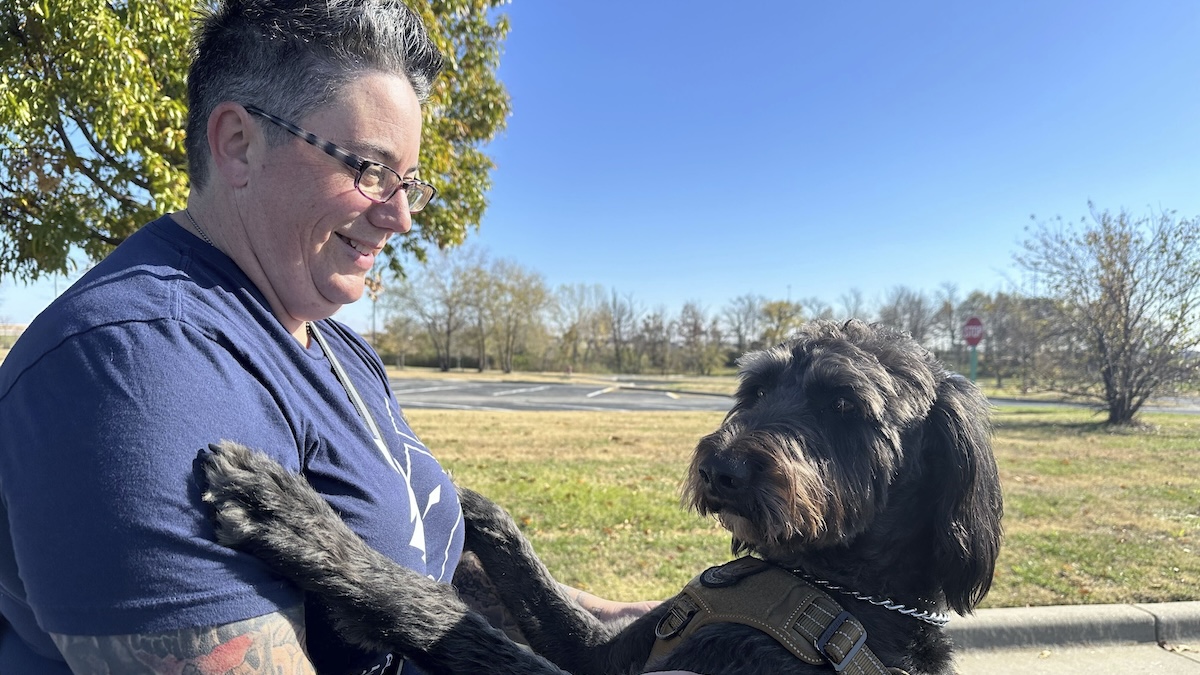Veterans Day is typically reserved to honor those who have served in our country's military, but this year, one veteran is making a call to take that gratitude a bit further and help those impacted by blast injuries.
The issue revolves around TBI, or traumatic brain injuries — a signature wound for Iraq and Afghanistan war veterans.
Dennis Hernandez, an Army Special Forces and Massachusetts National Guard veteran, said he, like others, had to seek help outside of the Department of Veterans Affairs to get treatment he needed.
In the 22 years he's dedicated to serving our country, 41-year-old has learned at least one thing.
"I love my country, but I don't trust my government," Hernandez said. "I don't trust them to have my best interest at heart."
His exposure to IEDs and other bomb blasts, while in training and while deployed, led to a range of health issues. Many of them were not physically obvious, he said, and he sometimes suffered blackouts.
"I was getting more and more migraines, and it was just starting to become a bit of an issue, the more frequent it became," he said.
It was a pattern that doctors across the country noticed, a problem that ultimately came knocking on the door of elected officials.
"We pushed first to get a study, then to fund some more research, then to get a bigger study, and each time, we're starting to see kind of the edges of the problem," said Sen. Elizabeth Warren, D-Massachusetts.
Warren led a panel featuring Massachusetts General Hospital doctors and nonprofits to discuss the issue around TBI in the military.
Hernandez, who spoke at the panel in September, has become an outspoken advocate for "blast overpressure" brain injury awareness, a problem that he said was dismissed by the VA at the time of seeking treatment years ago.
Get top local stories in Boston delivered to you every morning. Sign up for NBC Boston's News Headlines newsletter.
He outsourced the care he needed, turning to Home Base, a Massachusetts nonprofit group that helps veterans like himself.
"I want more money to be funded to civilian organizations, not-for-profits, to actually do the research that, you know, the government, in their infinite amount of red tape, would take forever," said Hernandez.
Veterans also need to do their part, he said, in accepting help — even when it seems taboo.
"Get checked out, and if you have any problems, start as soon as you can," he added.
Warren has introduced a bipartisan bill that would help track the impact of blasts on the brain, limit exposure and provide more funding for treatment.
"We can do better by those who serve us, and this is a way for us to do that," the senator said.




